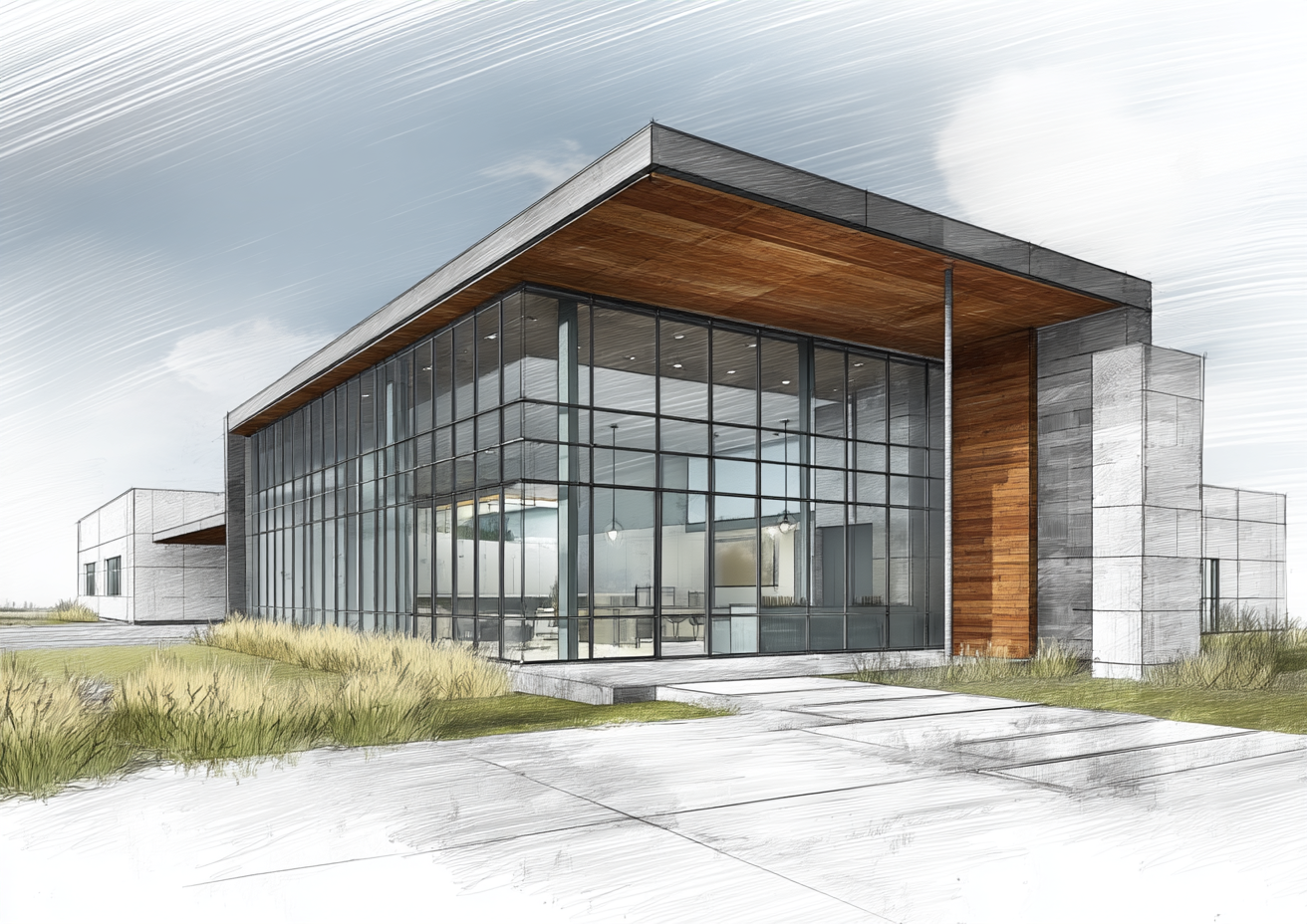In a significant turn of events, healthcare providers represented by the Doctors Council at Allina Health are set to engage in a healthcare strike this November 5. This impending action raises pressing issues that impact not just the primary care providers but also the overall healthcare landscape in Minneapolis, Minnesota. With unresolved contract negotiations centered around critical challenges such as compensation increases, staffing shortages, and comprehensive benefits, the implications of this strike echo profoundly within the healthcare system.
The Context: A Call for Change
Healthcare workers in Minneapolis, particularly those affiliated with Allina Health, face a critical juncture. The strike notice reflects a broader dissatisfaction among providers regarding their working conditions. The spotlight on compensation increases, adequate staffing, and sick leave provisions underscores the urgent need for meaningful dialogue within the healthcare sector. Such issues affect not only the workers but also the quality of care patients receive.
Understanding the Core Challenges
The primary challenges leading to the strike involve:
- Compensation Increases: Healthcare professionals are advocating for wages that reflect the rising cost of living and the value of their contributions to patient care.
- Staffing Levels: Chronic shortages of staff within the Minneapolis healthcare system have resulted in increased workloads for remaining staff, affecting their well-being and patient care quality.
- Sick Leave Policies: Adequate sick leave is essential for both patient and staff health, yet current provisions do not meet the demands of a high-pressure profession.
- Wages vis-a-vis Industry Standards: Providers are seeking wages that are competitive with peer institutions, promoting retention and job satisfaction.
Immediate Implications of the Strike
The labor unrest among healthcare providers highlights several immediate implications that need addressing. Primarily, a strike involves the temporary cessation of services, which can lead to widespread disruption in healthcare access for patients reliant on Allina Health’s clinics. Moreover, such actions often lead to increased media scrutiny and public debate regarding healthcare provider conditions. Consequently, this raises significant questions about how healthcare staffing solutions can adapt to minimize the impact.
As a result, healthcare administrators and policymakers must scrutinize the conditions prompting this strike. Understanding the motivations behind labor actions can foster constructive discussions aimed at enhancing workplace conditions, thereby mitigating similar future occurrences. This knowledge is crucial for those in leadership positions to navigate the complexities of labor relations.
Strategies for Addressing Labor Issues
To create sustainable solutions, healthcare facilities should consider the following:
- Evaluate Compensation Structures: Conduct regular assessments of pay scales in relation to industry benchmarks to ensure competitive wages.
- Improve Staffing Ratios: Invest in workforce planning to ensure adequate staff coverage, reducing burnout and improving overall patient care.
- Enhance Sick Leave Policies: Implement more flexible leave policies that encourage health and well-being, recognizing the importance of mental health in the medical profession.
- Communicate with Stakeholders: Engage directly with healthcare providers to discuss their concerns and suggestions, fostering an environment of transparency and trust.
Potential Solutions Through Staffing Innovations
One of the most significant steps healthcare providers can take to mitigate labor unrest is through innovative staffing solutions. Pulivarthi Group specializes in addressing these issues with tailored approaches that meet the unique needs of healthcare providers. Implementing strategic staffing models can enhance workforce efficiency and improve employee satisfaction. For example:
- On-Demand Staffing: Utilizing a pool of on-demand healthcare professionals can help manage unexpected absenteeism due to illness or emergencies.
- Flexible Scheduling: Offering flexible schedules allows healthcare providers to manage work-life balance, which is often a primary contributor to job dissatisfaction.
- Comprehensive Staffing Solutions: Engaging staffing agencies that understand the local healthcare landscape can facilitate quicker placements and reduce recruitment time.
Looking Ahead: Impact on Primary Care Providers
The ramifications of the Allina Health strike extend beyond immediate operational challenges. As primary care providers face heightened pressures, the awareness surrounding their struggles amplifies. This situation offers an opportunity for all healthcare stakeholders to reflect on system-wide practices and develop frameworks that promote sustainable working conditions.
Moreover, the necessity to strike invites questions regarding healthcare policy at broader levels. Stakeholders must ask: How can healthcare policies better reflect the needs of those providing care? What measures can be put in place to ensure that primary care remains viable for both practitioners and patients? The answers to these questions will shape the future of healthcare in Minneapolis and beyond.
Investing in the Future of Healthcare
As the scheduled strike approaches, healthcare administrators must consider proactive measures for maintaining care delivery standards. Investing in staff well-being and establishing equitable labor relations can ensure the resilience of the healthcare workforce. Implementing a transparent and open negotiation process contributes to rebuilding trust between providers and management.
The ongoing discussions surrounding the strike also spotlight the importance of collaboration between healthcare administrators, providers, and policymakers. By fostering a shared commitment to address labor issues, Minneapolis can not only avert disruptions but also ensure a healthier future for all healthcare stakeholders.
Conclusion
The planned strike by healthcare providers represented by the Doctors Council at Allina Health signals a critical moment for Minneapolis’s healthcare landscape. Issues surrounding compensation increases, staff shortages, sick leave, and wages not only affect providers but also directly impact the quality of care for patients. It is essential for administrators, policymakers, and healthcare professionals to engage in collaborative dialogues that lead to actionable solutions.
In these challenging times, staying informed and active in discussions surrounding healthcare strikes and labor relations is vital for all stakeholders. To navigate this changing landscape effectively, it’s essential to adopt responsive staffing solutions that promote better conditions for healthcare workers. By doing so, we can ensure that primary care providers continue to deliver the highest quality of care, paving the way for a more resilient healthcare system. Stay updated on healthcare labor negotiations and support each other through this transformative period.





